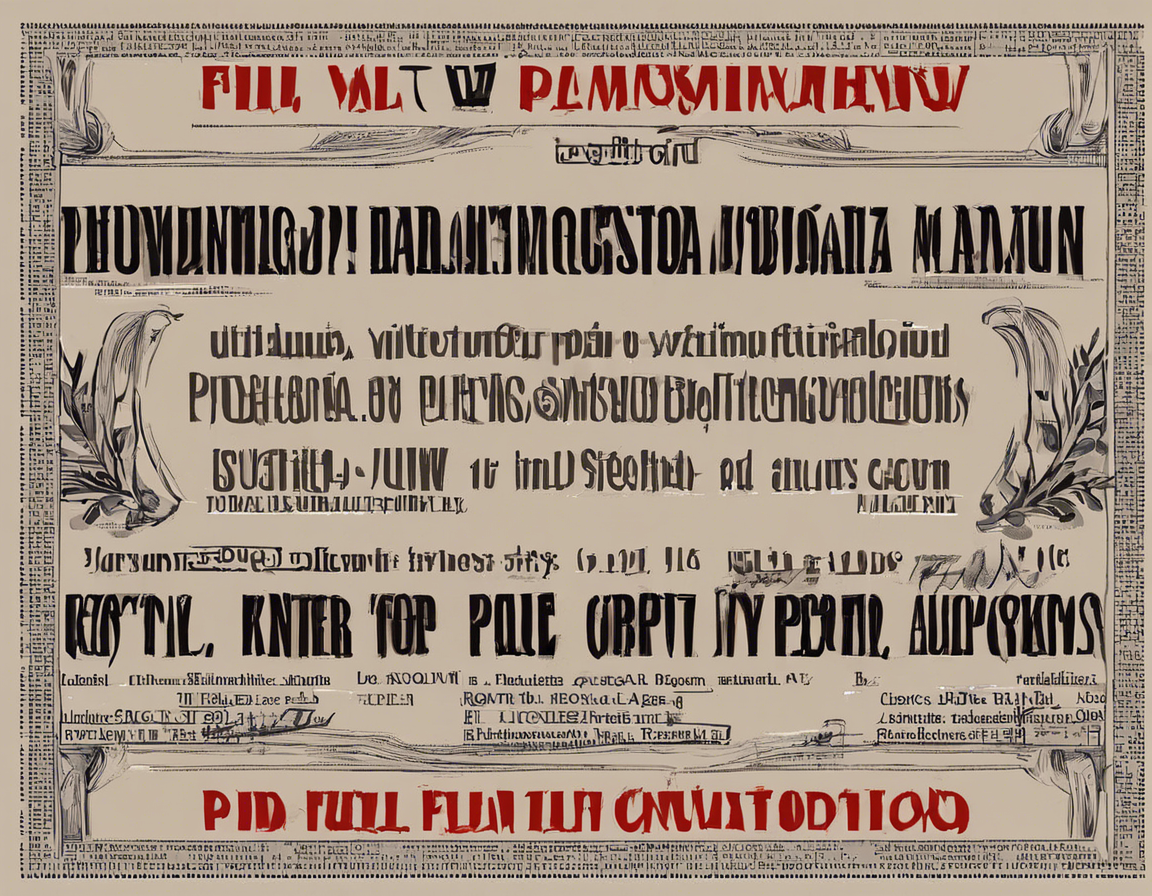Decoding the Meaning of PLI: What Does PLI Stand For?


Introduction
When navigating different industries and sectors, it’s common to come across various acronyms and abbreviations. One such abbreviation that holds significant importance in diverse fields is PLI. PLI stands for Product Liability Insurance, which is a type of insurance coverage that helps protect businesses from the financial consequences of liability claims arising from the sale or use of products.
In this comprehensive guide, we will delve into the world of Product Liability Insurance, exploring its meaning, significance, key components, and the reasons why businesses across different industries should consider investing in this essential form of protection.
Understanding Product Liability Insurance (PLI)
Product Liability Insurance, abbreviated as PLI, is a crucial form of insurance coverage that offers protection to businesses against liability claims resulting from the production or sale of products to consumers. This type of insurance is particularly vital for manufacturers, distributors, suppliers, retailers, and any party involved in the supply chain of a product.
Importance of Product Liability Insurance
-
Risk Mitigation: PLI serves as a risk mitigation tool, providing financial protection in the event that a product causes harm or injury to consumers.
-
Legal Compliance: Many jurisdictions require businesses to have Product Liability Insurance to legally operate, especially in industries prone to product-related risks.
-
Brand Protection: In the event of a product liability claim, PLI can help cover legal expenses and settlements, safeguarding the brand’s reputation and financial stability.
-
Peace of Mind: By having PLI in place, businesses can operate with greater peace of mind, knowing they have a safety net against unforeseen product liability issues.
Components of Product Liability Insurance
-
Coverage Limits: Product Liability Insurance policies typically come with coverage limits, which specify the maximum amount the insurer will pay for a covered liability claim.
-
Exclusions: Like any insurance policy, PLI may have exclusions, such as intentional wrongful acts or certain types of product defects.
-
Premiums: The cost of Product Liability Insurance is determined by factors such as the type of product, sales volume, claims history, and risk assessment.
-
Claims Process: In the event of a product liability claim, the insured party must notify the insurer promptly and cooperate in the claims investigation process.
Reasons to Invest in Product Liability Insurance
-
Legal Compliance: As mentioned earlier, having PLI is often a legal requirement in many industries, ensuring compliance with regulations and statutes.
-
Financial Protection: Product liability claims can result in substantial financial losses through legal fees, settlements, and damages. PLI provides coverage for these expenses.
-
Consumer Confidence: By demonstrating a commitment to product safety through PLI coverage, businesses can enhance consumer trust and confidence in their products.
-
Industry Standards: In sectors where product liability risks are high, having Product Liability Insurance is seen as a standard best practice to mitigate potential damages.
Common Misconceptions about Product Liability Insurance
-
General Liability is Sufficient: While General Liability Insurance provides broad coverage, it may not offer the specific protections needed for product-related risks.
-
Only Manufacturers Need PLI: All parties involved in the supply chain, including retailers and distributors, can be held liable for product defects, making PLI essential for all.
-
Small Businesses Don’t Need PLI: Regardless of business size, any entity involved in selling or distributing products can benefit from the protection of Product Liability Insurance.
FAQs about Product Liability Insurance
Q1: What does Product Liability Insurance cover?
A1: Product Liability Insurance covers liability claims arising from bodily injury, property damage, or financial losses caused by a defective product.
Q2: How much Product Liability Insurance do I need?
A2: The amount of coverage needed depends on factors such as the type of product, sales volume, industry risks, and potential liability exposure.
Q3: Can Product Liability Insurance be customized for specific products?
A3: Yes, insurers can tailor PLI policies to address the unique risks associated with different types of products and industries.
Q4: What happens if a product liability claim is made against my business?
A4: In the event of a claim, the insurer will investigate the matter, provide legal representation, and cover eligible damages or settlements within the policy limits.
Q5: Is Product Liability Insurance expensive?
A5: The cost of PLI varies based on several factors, but the benefits of having coverage far outweigh the potential costs of facing a liability claim without insurance.
Conclusion
In conclusion, Product Liability Insurance (PLI) is a fundamental risk management tool that provides businesses with essential protection against the financial ramifications of product-related liability claims. By investing in PLI, businesses can safeguard their interests, comply with legal requirements, and uphold their commitment to product safety and consumer protection. Understanding the significance of Product Liability Insurance and its key components is crucial for businesses across various industries seeking to mitigate risks and ensure long-term sustainability and success.
- 284
- 0

0 Comments